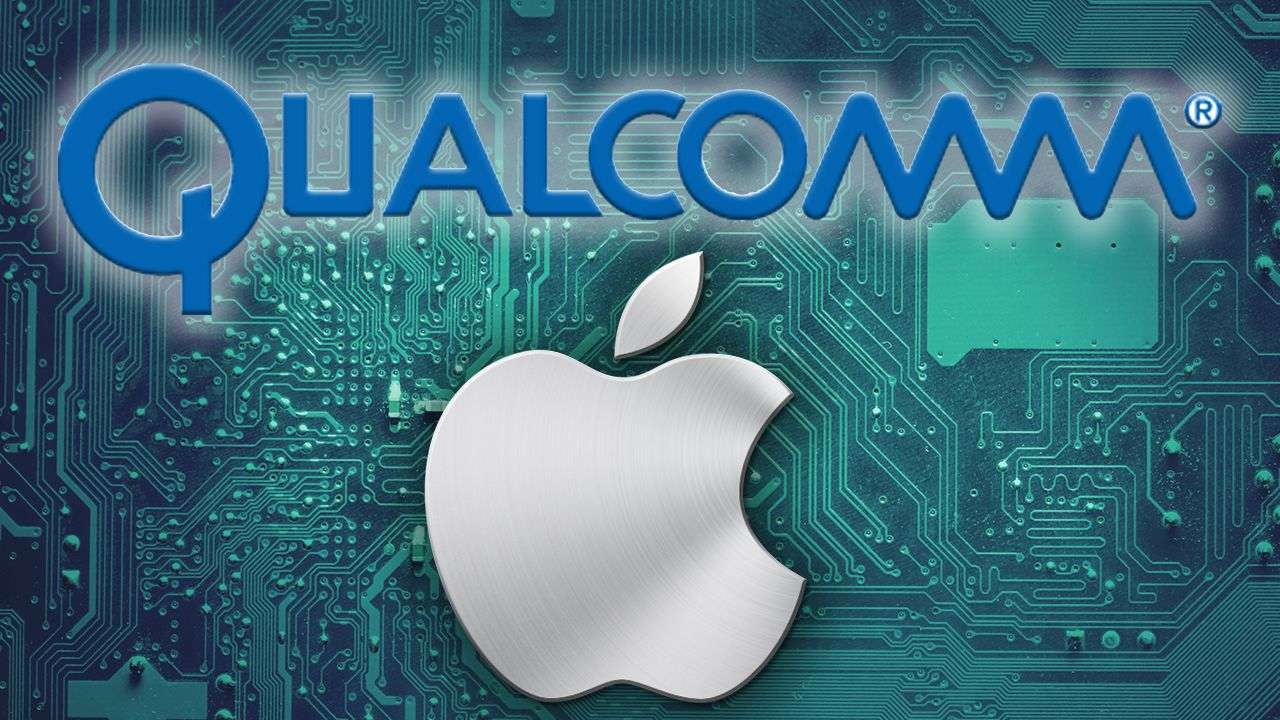It’s an ideal opportunity for Apple to pay up, and everyone to proceed onward. Or what appear like always on at this point, Apple and Qualcomm have been returning and forth at one another over different royalty disputes.
 However, on April 16, 2019, the two companies issued out an official announcement that they’ve reached a settlement.
However, on April 16, 2019, the two companies issued out an official announcement that they’ve reached a settlement.
According to release:
Qualcomm and Apple today reported a consent to expel all litigation between the two companies around the world. The settlement incorporated a payment from Apple to Qualcomm. The companies also have achieved a six-year permit agreement, compelling as of April 1, 2019, including a two-year choice to extend, and a multiyear chipset supply agreement.
Qualcomm first filed its first patent infringement back in 2017 arguing that Apple was using patented technology without properly repaying Qualcomm. Apple and Qualcomm have both taken turn conveying blows to each other over the last couple of years, and just this past Monday, trial proceedings had started in San Diego. It was expected that the trial would go until May, yet here we are.
Following this news, Qualcomm saw it’s stock value rise more than 20% to a total market cap of $85 billion. Apple, on the other hand, saw a small dip before going up by scarcely 1%. If you’re interested, you can read the press releases from Apple and Qualcomm in full.
The immediate casualty of this deal? Intel’s 5G modem goals.
As a direct result of the licensing deal, Intel has reported its “intention to exit the 5G smartphone modem business” and spotlights its efforts on infrastructure opportunities. In front of Apple and Qualcomm burying the hatchet, Intel acted as a bit of a negotiating chip for Apple by providing modems for some iPhone models regardless of for the most part offering more fragile performance than the Qualcomm options. Now that Apple will be standardizing on Qualcomm modems going ahead, Intel’s expectations of developing its mobile modem business were effectively decreased to zero.
Also Read:
-
Would You Feel Better About Google Tracking Your Phone That Enables Cops To Solve Crimes?
-
Apple, Qualcomm Head Into Most Recent Fight In Court, With Billions at Stake
-
Qualcomm Declares The Mid-Range Snapdragon 665 and 8nm Snapdragon 730/G
The loss of Intel as a pseudo-rival in some ways plays into Apple’s contention that Qualcomm has a monopoly on this technology, However, Honestly, the issues with Intel being unable to compete on a fundamental technology performance level were bound to be there regardless. Outside of Apple’s negligible investment in Intel’s modems, the company had little putting all on the line in either LTE or 5G modems for consumer devices. Going ahead, Intel could perhaps observe quality in different portions of the 5G market — however, that will come after it finishes “an evaluation of the open doors for 4G and 5G modems in PCs, internet of things devices and other data-centric devices.”